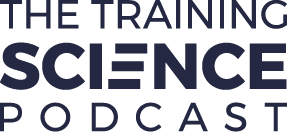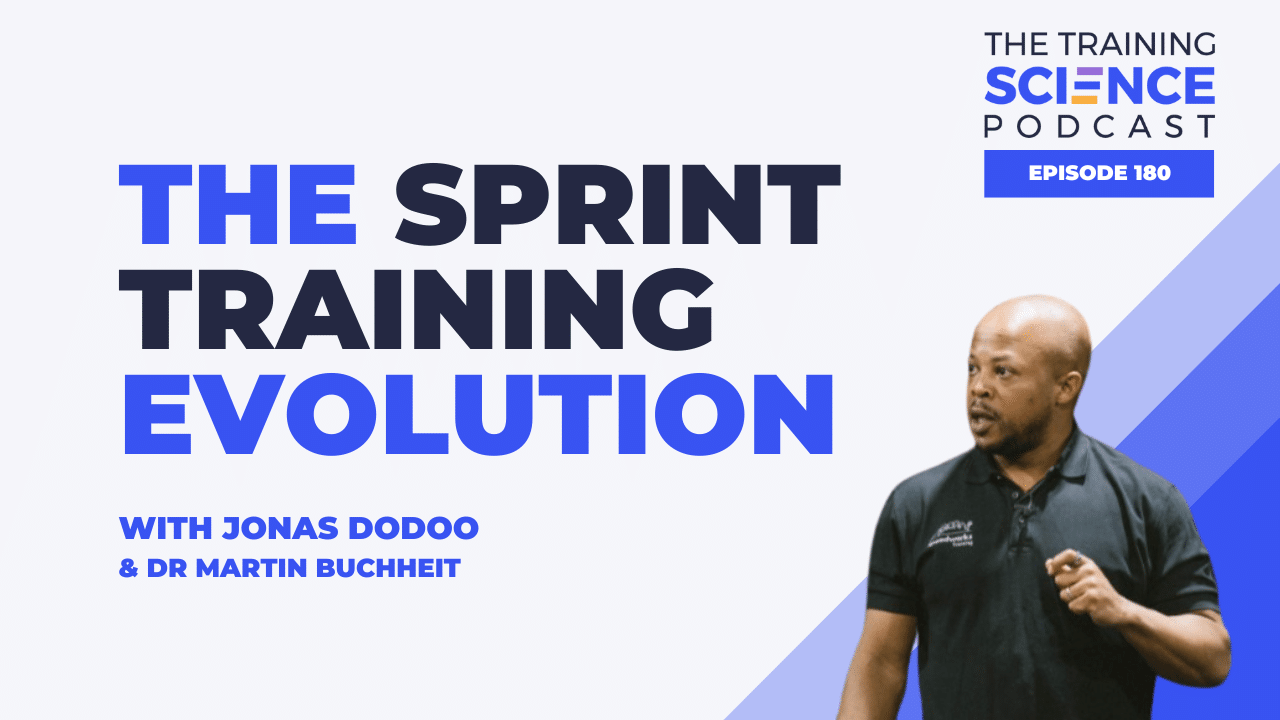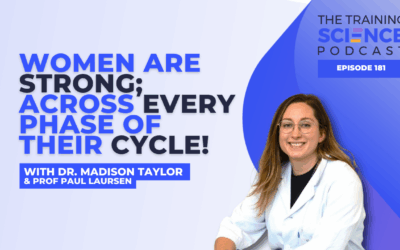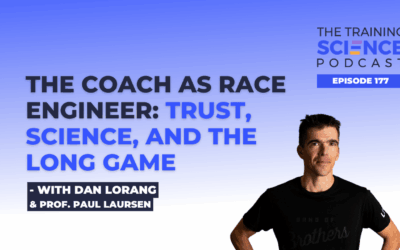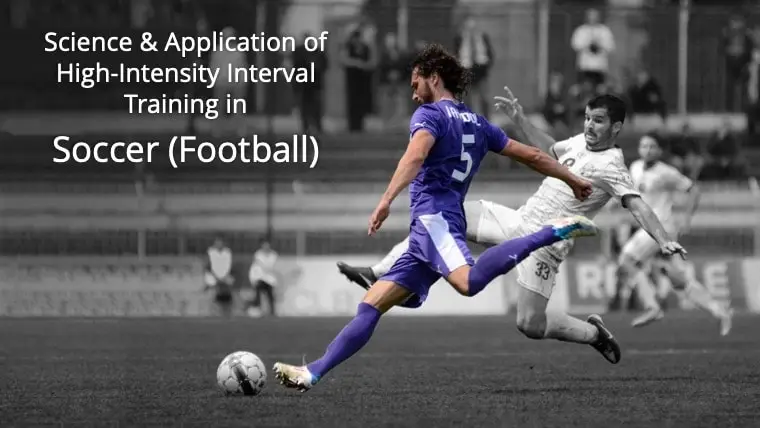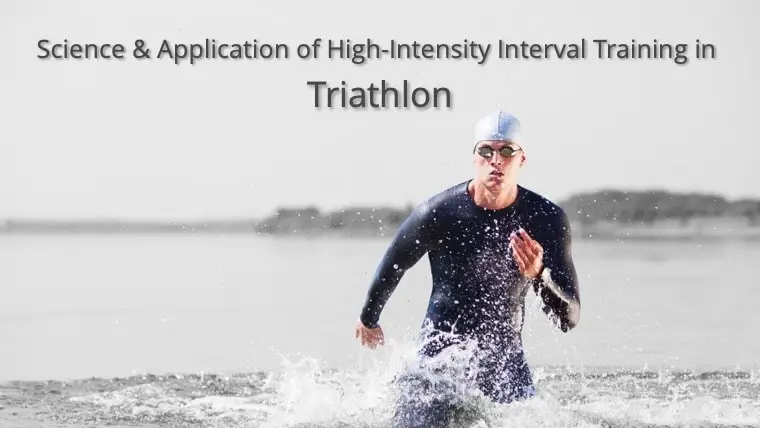Listen to the episode now or find us on Spotify and Apple Podcasts.
Show Notes
- Trust is the foundation of effective coaching. Modern players arrive with their own experiences, injury histories, and expectations, so the first job of a coach is to listen, build relationships, and create an environment where athletes buy into the process. Without trust, even the best training plan won’t land. Remember: your ability to connect and adapt to the athlete is just as important as your knowledge of sports science.
- Training content needs to be prioritized with the big picture in mind. It’s not about cramming every exercise into a session, but about selecting the ones that truly carry over to performance — what Jonas calls “dynamic correspondence.” Focus on building physical capacity that supports new mechanics, and don’t be afraid to use AI and technology as tools to sharpen assessments and refine feedback. The goal is always clarity, not complexity.
- AI is no replacement for coaching intuition, but it can be a powerful teammate. By streamlining data collection and highlighting patterns in performance or recovery, AI helps coaches make sharper decisions without drowning in numbers. Use it as a tool to enhance context, not replace it, and always bring the human element back into the conversation with athletes.

